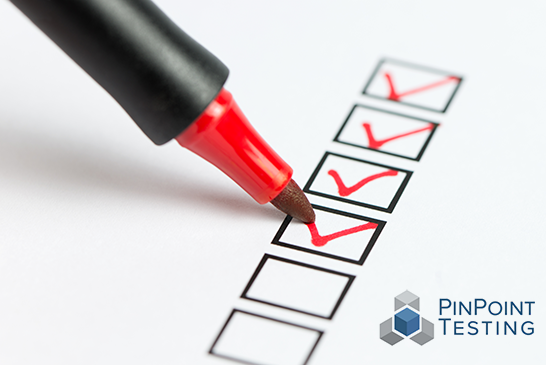Being CLIA compliant means adhering to the standards set forth by the Clinical Laboratory Improvement Amendments (CLIA) of 1988. CLIA regulations are designed to ensure the accuracy, reliability, and timeliness of test results regardless of where the test was performed. Here are the key aspects of CLIA compliance:
- Certification: Laboratories must obtain a CLIA certificate before they can perform testing on human specimens. There are different types of certificates depending on the complexity of the tests being performed.
- Quality Standards: Laboratories must follow stringent quality standards for testing procedures, which include proper calibration and maintenance of equipment, quality control procedures, proficiency testing, and ensuring the competency of personnel.
- Inspections and Surveys: Laboratories are subject to regular inspections and surveys by CLIA or accrediting organizations approved by CLIA to ensure compliance with the regulations.
- Record Keeping: Laboratories must maintain detailed records of all test procedures, test results, quality control measures, personnel qualifications, and other relevant information for a specified period.
- Personnel Qualifications: Laboratories must ensure that their staff, including laboratory directors, technical supervisors, clinical consultants, and testing personnel, meet the required qualifications and receive appropriate training.
- Proficiency Testing: Laboratories must participate in proficiency testing programs where they periodically test samples provided by external organizations to ensure their testing methods produce accurate and reliable results.
Being CLIA compliant is crucial for laboratories to legally perform clinical testing and ensures the reliability and accuracy of test results, which is essential for patient care and safety.


Recent Comments